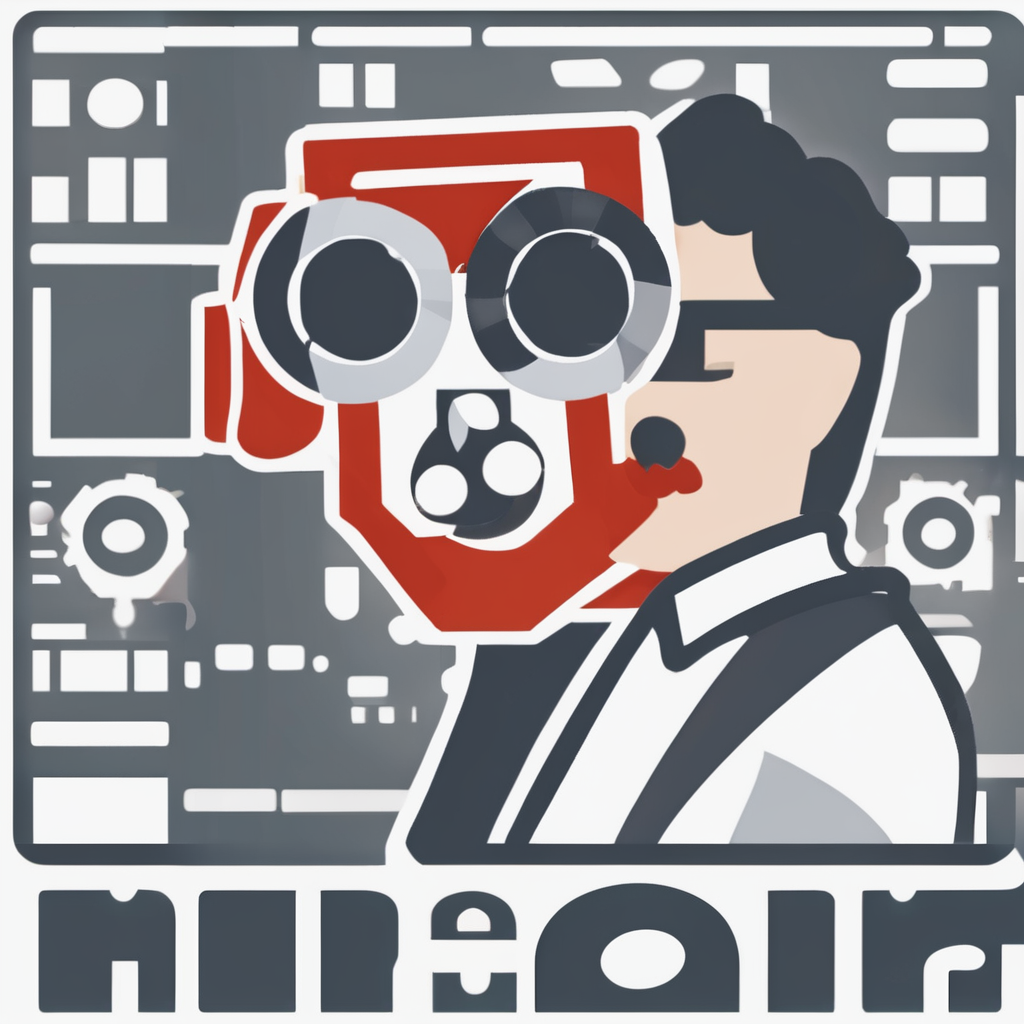Accessing NHS Mental Health Services
Understanding how to access NHS mental health support is essential to receive timely care tailored to your needs. The NHS provides a range of mental health programs covering all age groups, from children and young people to adults and older adults. For many, initial contact begins with a visit to a General Practitioner (GP), who acts as the gateway to further support. GPs can refer patients to NHS talking therapies, such as Improving Access to Psychological Therapies (IAPT), which offer counselling, cognitive behavioural therapy (CBT), and other evidence-based treatments.
If you’re wondering how to find these services, the NHS website and local GP surgeries provide clear pathways to accessing mental health care in the UK. For urgent mental health support, such as crisis situations involving suicidal thoughts or severe distress, NHS wellbeing services include helplines and mental health crisis teams equipped to provide immediate intervention and support.
This might interest you : What Are the Benefits of Drinking More Water for UK Health?
Navigating these services can feel complex, but understanding the structured NHS mental health support network ensures that whether seeking routine help or emergency assistance, the right care is accessible. Familiarity with these steps helps demystify accessing mental health care UK-wide, promoting confidence and prompt support.
Accessing NHS Mental Health Services
Understanding NHS mental health support begins with recognizing the variety of programs tailored to different age groups across the UK. For children and adolescents, specialized services often involve early intervention teams and child and adolescent mental health services (CAMHS). Adults have access to a wider range of care including talking therapies and community mental health teams, while older adults can access dedicated support focusing on issues like dementia and depression.
Also to read : How Do Lifestyle Choices Impact the UK’s Healthcare System?
Accessing mental health care UK-wide typically starts with a visit to a General Practitioner (GP). GPs assess initial needs and can refer patients to appropriate NHS wellbeing services, such as Cognitive Behavioural Therapy (CBT) or counseling through the Improving Access to Psychological Therapies (IAPT) program. Self-referral exists in some regions, speeding up access to support.
In urgent or crisis situations, NHS protocols provide clear steps: contacting emergency services, visiting Accident & Emergency (A&E) departments, or using dedicated crisis helplines ensures immediate help. These pathways are designed to quickly connect individuals to specialist crisis teams, safeguarding mental health and reducing risks effectively.
Accessing NHS Mental Health Services
Accessing NHS mental health care UK-wide involves a well-defined network of programs tailored to various age groups. For children and young people, dedicated services address developmental and emotional needs, while adults and older adults can access specialized NHS mental health support designed to manage conditions ranging from anxiety to severe psychiatric disorders. Primary mental health support usually starts with your GP, who can guide you toward NHS talking therapies such as CBT or counselling available through Improving Access to Psychological Therapies (IAPT). These therapies form a crucial part of NHS wellbeing services, helping many to regain control over their mental health without needing hospital admission.
In cases of urgent mental health support, particularly crisis scenarios like suicidal thoughts or psychosis, NHS wellbeing services activate rapid intervention teams or crisis helplines. These services are designed to provide immediate assessment and support, sometimes involving home visits or hospital care when necessary. Understanding these steps is vital for timely help, ensuring individuals receive the right NHS mental health support at the right time. This clear structure within accessing mental health care UK enhances confidence, making support accessible when you need it most.
Accessing NHS Mental Health Services
Accessing NHS mental health support involves several tailored programs designed for each age group, ensuring care meets diverse needs. Children and young people often receive help through Child and Adolescent Mental Health Services (CAMHS), offering early intervention and specialist assessments. Adults access a broader spectrum including NHS wellbeing services like Improving Access to Psychological Therapies (IAPT), which provide counselling and Cognitive Behavioural Therapy (CBT).
To begin accessing mental health care UK-wide, the standard route is a visit to your General Practitioner (GP). They evaluate your mental health condition and can refer you to appropriate NHS mental health support programs. In some regions, self-referral to NHS talking therapies is available, allowing faster access without a GP step.
For urgent mental health support, protocols are in place to ensure rapid response. If facing crisis situations, individuals should contact emergency services, visit Accident & Emergency (A&E), or use dedicated crisis helplines linked to NHS wellbeing services. These steps help secure immediate assessment by specialist crisis teams, prioritizing safety and stabilizing mental health quickly. Recognising these pathways simplifies navigating the often complex NHS system when timely intervention is needed.
Accessing NHS Mental Health Services
Accessing NHS mental health support depends on age-specific programs across the UK. Children and young people benefit from services like Child and Adolescent Mental Health Services (CAMHS), which focus on early intervention and tailored care. Adults have access to a broad range of NHS wellbeing services, including talking therapies such as Cognitive Behavioural Therapy (CBT) and counselling, often delivered via the Improving Access to Psychological Therapies (IAPT) program. Older adults receive targeted support for conditions like dementia and depression through specialised teams.
Primary access to NHS mental health care UK-wide usually begins with a General Practitioner (GP) appointment. GPs assess mental health needs and refer patients to suitable NHS services. In some areas, self-referral to talking therapies is possible, speeding initial contact. For urgent mental health situations, NHS wellbeing services offer crisis helplines and rapid access teams. These teams provide immediate assessment and intervention to manage risks like suicidal thoughts or acute psychosis.
Understanding the step-by-step process for accessing NHS mental health support ensures timely and appropriate care is provided. This structured approach helps individuals navigate the system, securing vital NHS wellbeing services when needed most.
Accessing NHS Mental Health Services
NHS mental health support offers tailored programs for children, adults, and older adults, ensuring care meets specific developmental and clinical needs. Accessing mental health care UK typically begins with visiting your General Practitioner (GP), who assesses your condition and refers you to suitable NHS wellbeing services. These services include Talking Therapies like Cognitive Behavioural Therapy (CBT) and counselling through Improving Access to Psychological Therapies (IAPT).
You may also have the option in some regions to self-refer directly to NHS talking therapies, which can speed up access without needing a GP referral. This flexibility helps improve timely support and reduces waiting times.
For urgent mental health support during crisis situations—such as suicidal thoughts or severe distress—NHS protocols guide you to contact emergency services, visit Accident & Emergency (A&E), or use dedicated crisis helplines linked to NHS wellbeing services. These pathways ensure rapid intervention by specialist crisis teams, focusing on immediate safety and stabilisation.
Understanding these steps for accessing NHS mental health support simplifies navigating the system. It ensures that whether seeking routine care or urgent help, you can connect with the right NHS wellbeing services efficiently and confidently.
Accessing NHS Mental Health Services
Accessing mental health care UK-wide usually begins with a visit to your General Practitioner (GP), who assesses your needs and directs you to appropriate NHS mental health support programs. These include NHS wellbeing services such as talking therapies—most commonly Cognitive Behavioural Therapy (CBT) and counselling—delivered under the Improving Access to Psychological Therapies (IAPT) scheme. In some regions, self-referral to these services is available, allowing faster access without waiting for a GP referral.
For children and young people, access routes often involve Child and Adolescent Mental Health Services (CAMHS), while adults and older adults engage with community mental health teams or specialist services tailored to their conditions. Each program is designed to meet age-specific needs within NHS mental health support.
In crisis situations requiring urgent attention—such as suicidal thoughts or severe psychological distress—NHS wellbeing services activate rapid response protocols. This includes crisis helplines, emergency team interventions, and, if necessary, hospital referrals. Understanding these steps is vital to promptly access the right mental health care UK-wide, ensuring effective and timely support when it is needed most.
Accessing NHS Mental Health Services
NHS mental health support spans comprehensive programs tailored to children, adults, and older adults, addressing diverse needs with specialised care. Accessing mental health care UK-wide usually begins by consulting your General Practitioner (GP). GPs assess mental health concerns and refer patients to NHS wellbeing services, such as talking therapies, including Cognitive Behavioural Therapy (CBT) and counselling available via the Improving Access to Psychological Therapies (IAPT) program.
In many areas, self-referral to NHS talking therapies offers quicker access without waiting for a GP appointment. This approach helps reduce delays, making NHS mental health support more reachable.
For urgent or crisis situations like suicidal thoughts or acute distress, the NHS provides clear steps: contact emergency services, visit Accident & Emergency (A&E), or use dedicated crisis helplines connected to NHS wellbeing services. These ensure immediate access to specialist crisis teams who provide assessment, intervention, and hospital admission if necessary.
Understanding these pathways for accessing mental health care UK ensures timely support through well-structured NHS mental health support systems, catering to both routine and emergency mental health needs.
Accessing NHS Mental Health Services
NHS mental health support covers a wide range of tailored programs for children, adults, and older adults, ensuring care fits specific needs. Accessing mental health care UK typically starts with a visit to your General Practitioner (GP). GPs assess symptoms and mental health status, then refer you to suitable NHS wellbeing services such as talking therapies. These therapies, mainly Cognitive Behavioural Therapy (CBT) and counselling, are commonly provided through the Improving Access to Psychological Therapies (IAPT) program.
In some areas, self-referral to NHS talking therapies is an option, allowing faster access to support without a GP’s involvement. This helps reduce waiting times and makes NHS mental health support more accessible.
For urgent needs, NHS wellbeing services have clear crisis pathways. If experiencing severe distress or suicidal thoughts, contacting emergency services, visiting A&E, or using dedicated crisis helplines ensures prompt intervention by specialist teams. These protocols prioritise safety and rapid assessment to stabilise mental health.
Understanding these NHS mental health support steps simplifies navigating mental health care UK-wide, providing timely and appropriate help when needed most.








